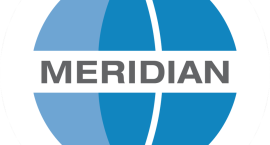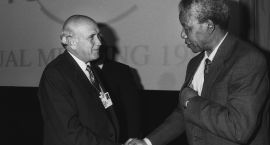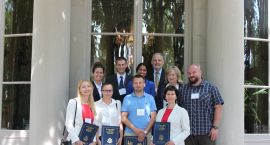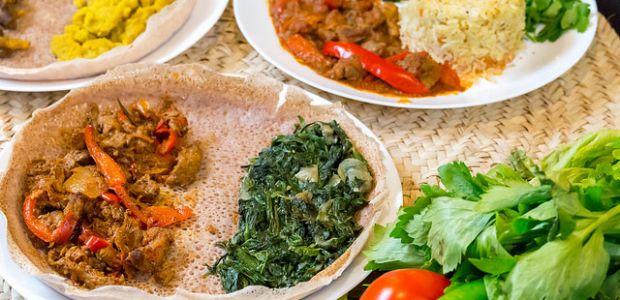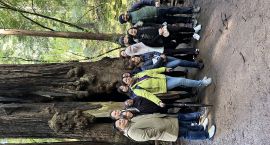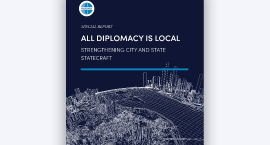Every day around 5pm, people start pouring through a small heavy door on 18th Street in Adams Morgan. Nearly hidden behind the long lines from the bars that surround it is the entrance to the Eritrean Civic and Cultural Center (ECCC). Among the DMV’s considerable Eritrean population, the ECCC has emerged as one of the foremost meeting places for the community. While the term ‘cultural center’ might call to mind a place to distribute services or hold formal events, the ECCC has the look of a bar or restaurant – a place where culture can play out naturally and people can just be themselves. While gathered around tables, sipping coffee and eating together, Eritrean-Americans exchange news of their homeland and watch Eritrean TV. Many make a point of bringing their children to expose them to their ancestral language and music. Many guests said that when they first immigrated to the United States, the ECCC was the first place they visited to get their bearings and learn how to be successful in America.
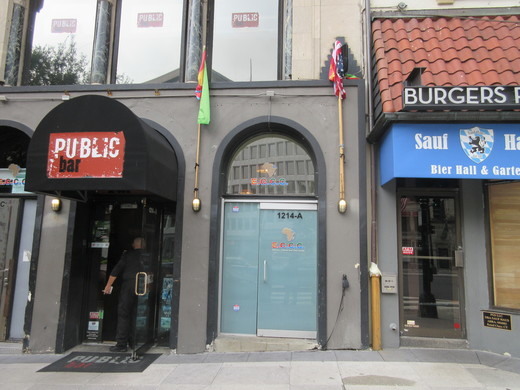
While the DMV has a relatively large Eritrean community, it is better known for its Ethiopian community, which some estimate at half a million. Historically linked, and once part of the same nation, Eritrea gained independence from Ethiopia in 1993 after a 30-year war, and fighting continues to this day. The war with Ethiopia is an important part of Eritrean identity; so much so that the symbol of the Eritrean flag is an olive wreath with 30 leaves, one to symbolize each year of the fight for independence. When children spend time at the cultural center learning about Eritrean culture, shared experiences include memories of this conflict. As one visitor to the ECCC said, “When children know about their culture and the struggles that we have been through as a people, they work harder to be successful and they achieve more.”
While the conflict is far from forgotten, living together in DC, Eritrean- and Ethiopian-Americans have found ways to coexist, and even unite around the culture they share. Working side-by-side at restaurants, or drinking coffee at the next table over, in a city 7,000 miles away from home helps forge relationships between identities that might otherwise exist only in conflict. Keren, a popular Eritrean restaurant in Adams Morgan, has employees of both Eritrean and Ethiopian descent. “We go to their restaurants and their businesses. We eat the same food, we speak their language,” commented one Eritrean customer about the Ethiopian community.
Apart from tensions between these two national communities, political differences within the Eritrean community itself can make for difficult relations. Cultural centers address this challenge by uniting those with different political views on one front: their shared Eritrean identity. One in three Eritreans currently reside outside of their home country, due in part to political unrest and economic instability. This creates significant potential for political shifts within the diaspora. Through casual conversations, shared beliefs emerge, and the community can work to solve problems about which they can all agree.
These political shifts, and the dynamic between the Eritrean and Ethiopian communities, serve as a reminder of how cultural diffusion can positively affect conflict. While people may not agree on political issues, going ‘the last three feet’ can reveal shared interests and practices, and result in unlikely allies. This is true whether in the State Department’s public diplomacy programs, or within Washington’s diasporic communities. Over 7,000 miles away, fighting over a shared border continues, but at a restaurant in Adams Morgan, two people can tear injera off the same plate, and bond over the aspects of home that unite.









